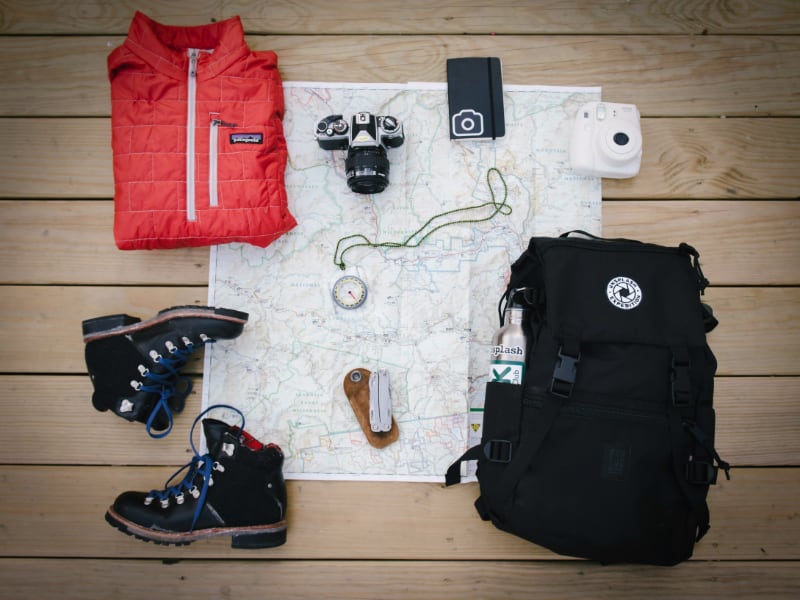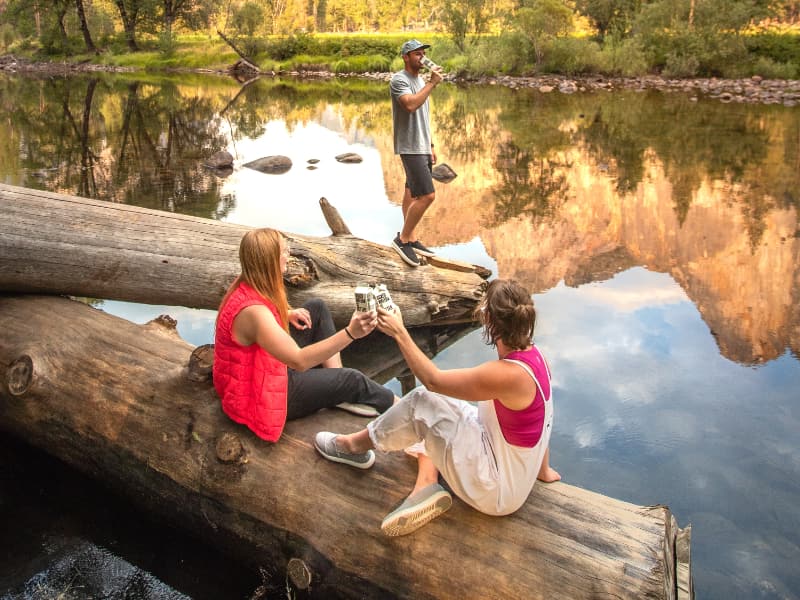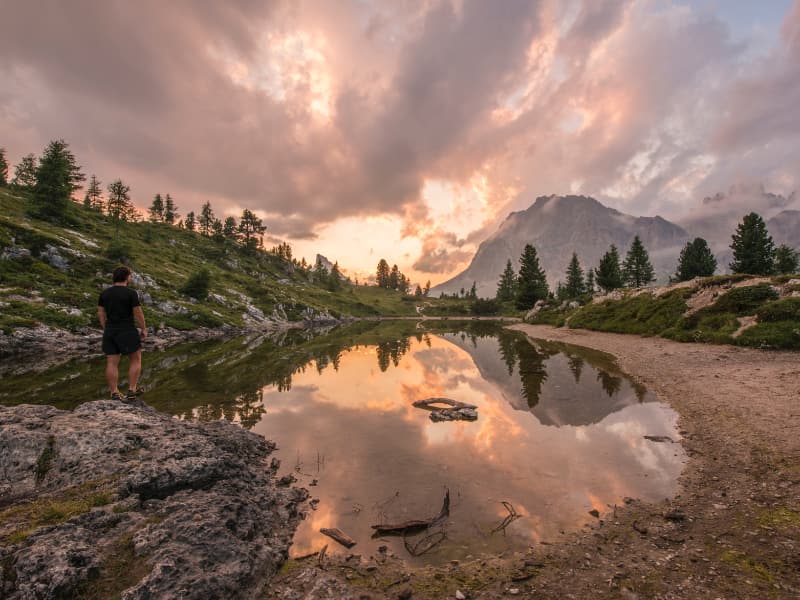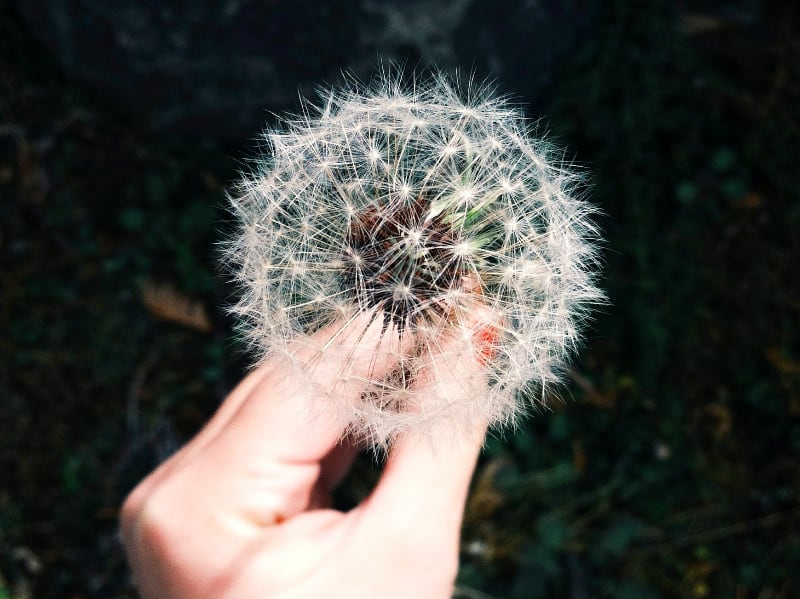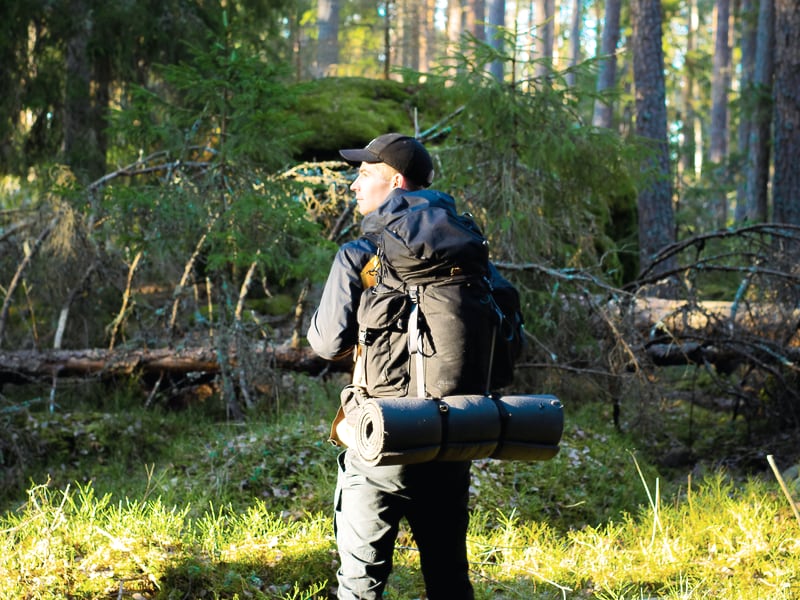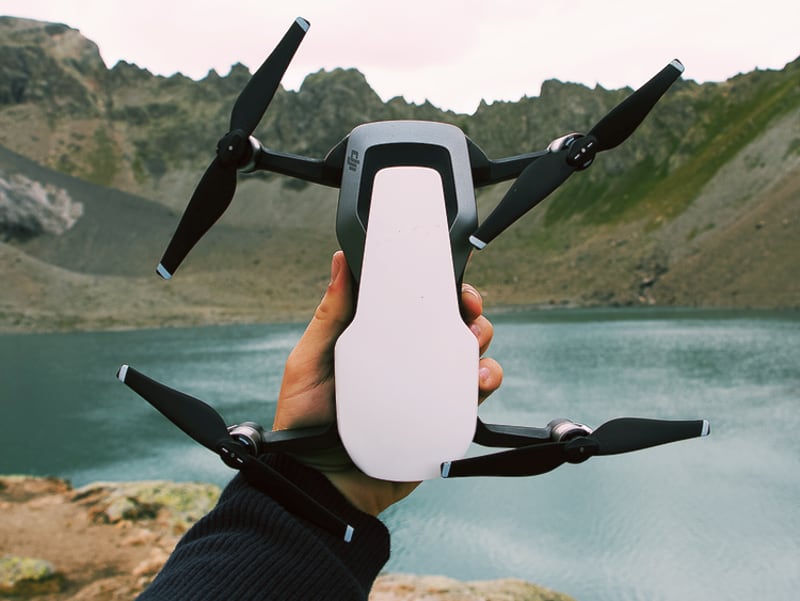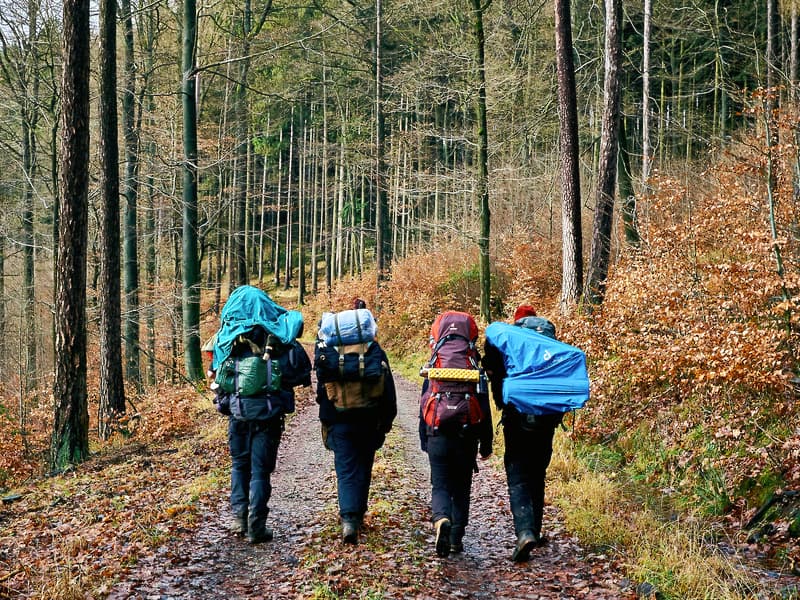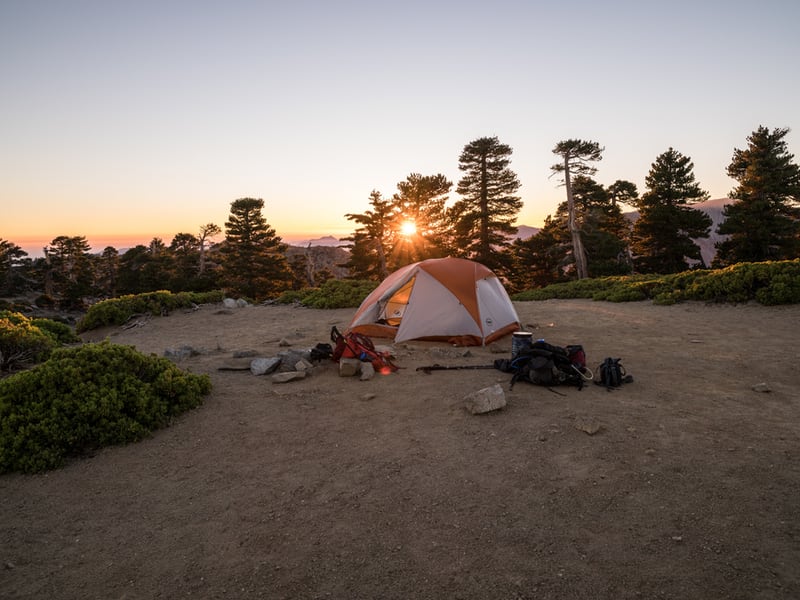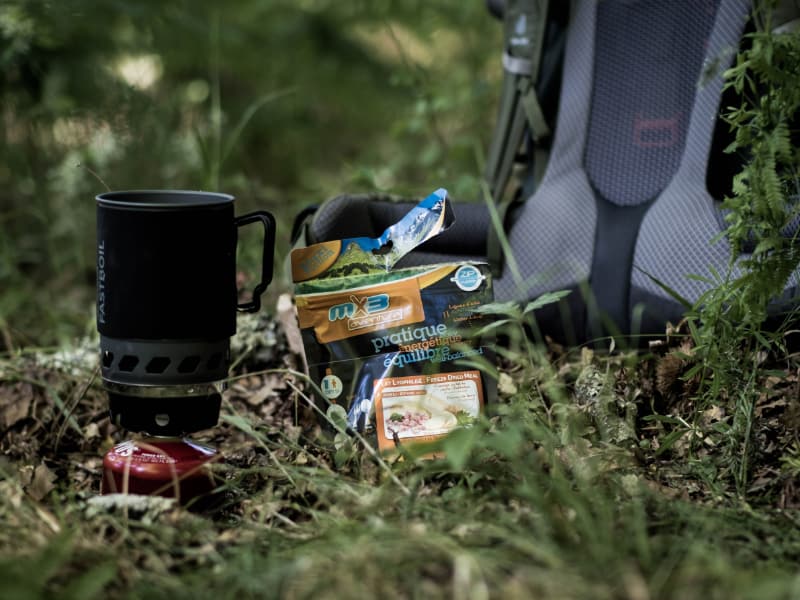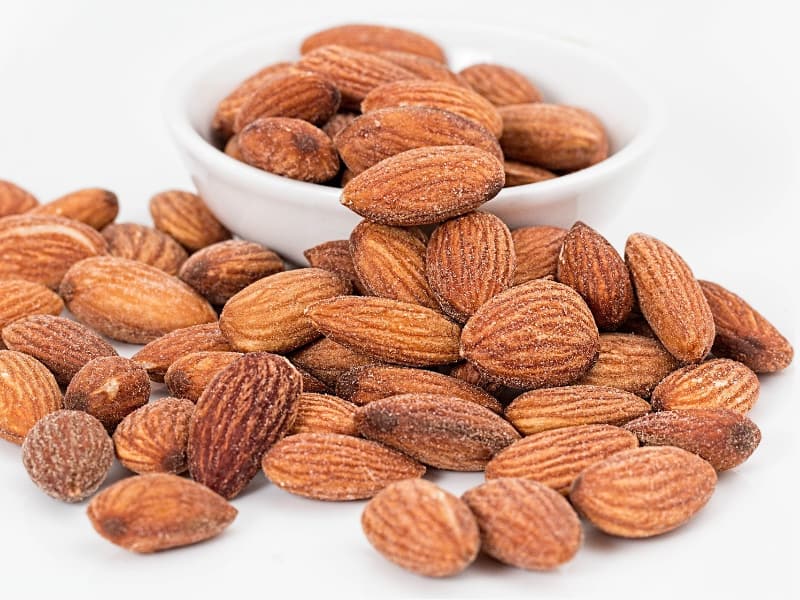According to the experts at the Smithsonian Institution, over 900,000 insect species share the planet with us. If you aren’t a fan of creepy crawly things, you probably could do without most of them. However, it’s imperative to protect these miniature living creatures when outdoors. Why?
Insects play pivotal roles in the ecosystem. They’re a living testimony to the principle that you don’t have to be large to make a big impact. However, their numbers have been declining in recent decades, much to the concern of many scientists. We must do better. Here’s why it’s important to protect insects when outdoors
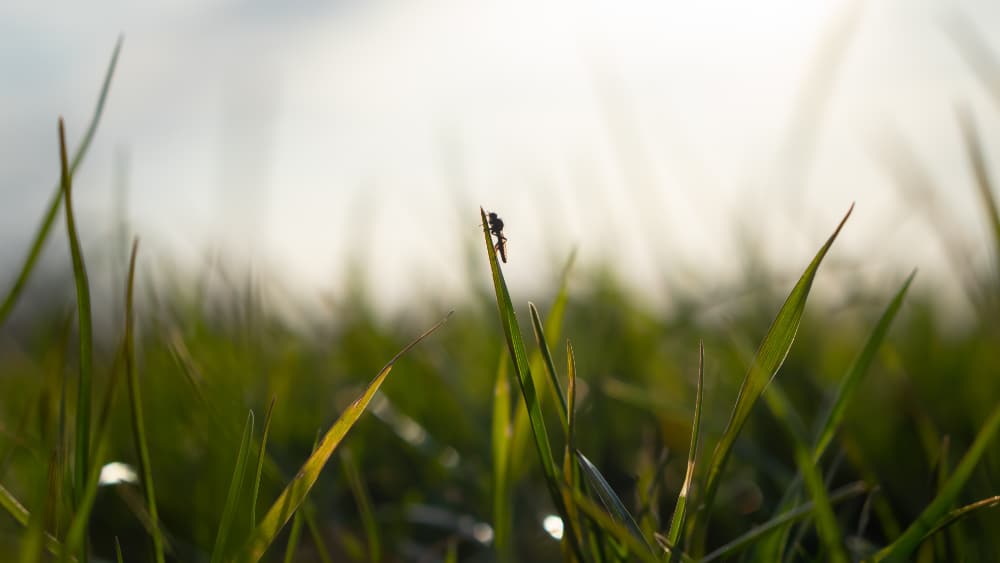
Insects and the Ecosystem
The global insect population is decreasing by 2% per year as more species go extinct due to human development, pollution and environmental alterations. It’s easy to be glib about pests like cockroaches and mosquitoes, but even these scourges play crucial roles in the ecosystem.
For example, mosquitos are the preferred prey of several types of fish, which would face near-certain extinction if these buzzing pests disappeared. Many other aquatic species of newts and frogs would also perish with their food source eliminated. Mosquito larvae also produce important plant nutrients, and their disappearance could affect crop yields. It could even lead to people moving into the rainforest, exacerbating climate change.
Even cockroaches play a role. For example, they’re detritus feeders who play a pivotal role in degrading plant material and keeping forests healthy. Cockroaches are also a vital food source, including for human beings in places where their populations don’t do regular duels with pesticides.

Ways to Protect Insects When Outdoors (or Anytime)
Protecting insect populations outdoors is a matter of education and positive action. Here’s what you can do to support their role in the ecosystem.
1. Learn About Insects
Insects are fascinating creatures. For example, can you imagine a wasp the size of your palm that doesn’t have an attitude? Tarantula hawks are enormous and super cool to witness in the wild. Although they pack a mighty sting, they are typically quite docile, typically letting humans observe them. While they proliferate in the desert southwest where tarantula, their favourite prey, lives, you can find them in other regions.
2. Reduce the Hazards You Can
Have you wondered where all the fireflies have gone? Light pollution disrupts their mating habits, meaning fewer and fewer of these friendly insects are born each year.
What can you do? Shield your outdoor lights, replacing fixtures with designs that emit illumination from below, not the top or sides. You can also work to make your town join the growing number of dark sky communities — there are multiple benefits, including a true view of the stars for the first time.
3. Keep Insects at Bay Without Harming Them
Instead of calling the exterminator, consider natural, non-lethal ways of deterring insects from your home and other areas where you don’t want them. For example, citronella is a tried and true formula for keeping flying pests at bay, and tiki torches filled with the stuff create a beautiful ambience in your outdoor living space.
Dipping picnic table and chair legs in water deters ants from crawling all over your barbecue. Spraying yourself with bug spray containing DEET prevents stings, and sealing up the cracks in your home prevents unwanted visitors from entering and setting up shop.
There are also natural products on the market, though they received mixed reviews regarding their effectiveness. The following herbs naturally repel insects:
- Basil
- Marigold
- Lemongrass
- Lemon Balm
- Rosemary
Look for all natural products containing one or more of these essential oils if you want to skip DEET. You should apply your spray of choice in your car or the park staging area to avoid introducing chemicals into nature preserve areas.

4. Create Positive Habitats for Insect Populations
You can do more than protect insects outdoors — you can help attract desired species to your neighbourhood. Many people want pollinators like bees and butterflies in their gardens to keep them healthier naturally. What should you plant? Here’s a short list of species that draw these beneficial insects:
- Butterfly bush
- Milkweed: Especially for monarch butterflies. The Live Monarch Foundation will send you up to 15 seeds for free to attract these pollinators, or you can purchase packets for £1.
- Echinacea: This stuff doubles as a cold preventative when used in teas.
- Yarrow
- Verbena
- Salvia
- Allium
- Pasqueflower
- Lily of the Valley
In general, bees tend to gravitate toward purple, blue and yellow shades — keep this in mind when choosing your varieties.
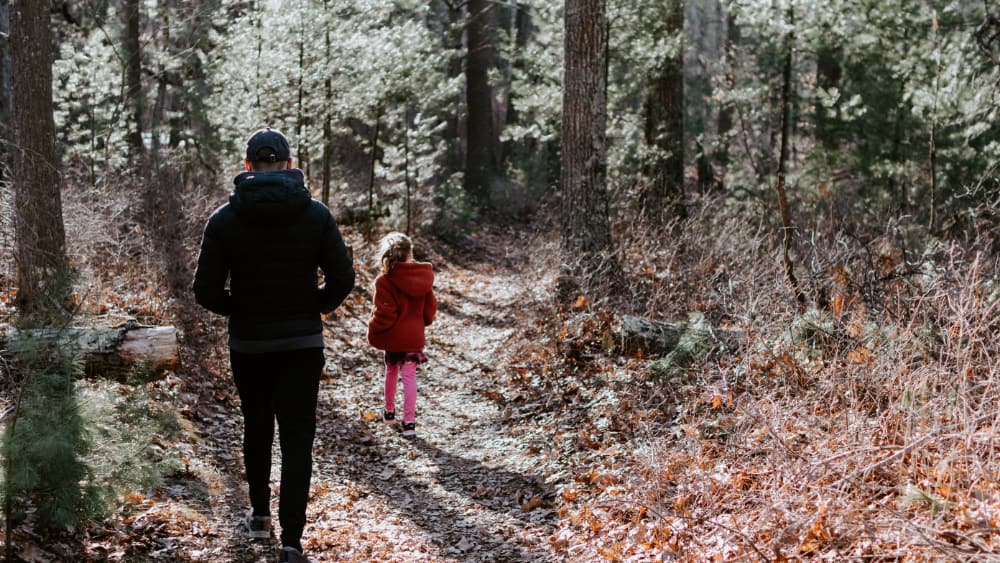
Protecting Insects Outdoors
Insects play a crucial role in the ecosystem. However, their numbers are declining. What can you do to protect their populations?
Follow these tips for protecting insects outdoors. You play a pivotal role in preserving the ecosystem, beginning with its smallest members.


